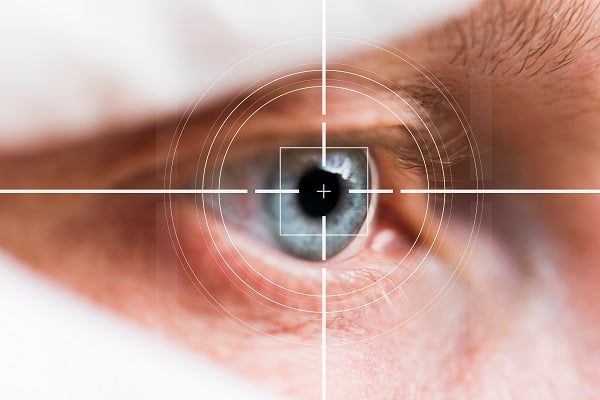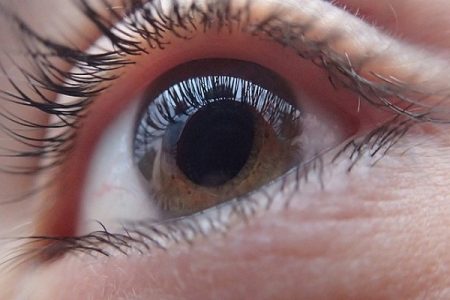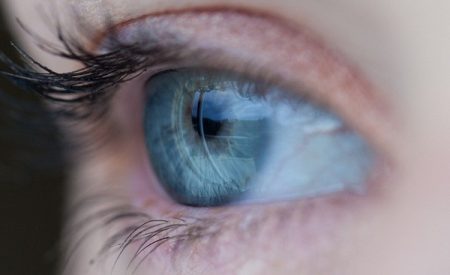Treating Diabetic Retinopathy With Laser Therapy
- Updated on: Jun 26, 2024
- 3 min Read
- Published on Oct 3, 2019


Laser Treatment and Diabetic Retinopathy
In the United States, diabetic retinopathy is known to be one of the leading causes of blindness, especially in middle-aged people. Diabetic retinopathy can be non-proliferative or proliferative (advanced) and the treatment will depend accordingly. Most patients have gone through multiple laser treatments and also, vitrectomy surgery for this condition.
Diabetic retinopathy is a microvascular (eye) disorder which occurs due to elevated levels of glucose and leads to malfunction of endothelial cells. It occurs when a person is already suffering from diabetes, which leads to defects in the blood-retinal barrier, pericyte loss, thickened capillary basement membrane, etc. Glucose toxicity is the main reason that triggers diabetic retinopathy.
More: Anti–Vascular Endothelial Growth Factor Therapy (Anti VEGF Therapy) for Eye Disorders
My diabetic retinopathy
When retinopathy reaches to an advanced stage, the risk losing your sight completely is very high. Many recommended treatments for diabetic retinopathy involve laser-based procedures, eye injections, use of steroids, eye (vitrectomy) surgery, etc.
When we spoke to a few patients with diabetic retinopathy, they revealed their vision loss story and told us that without proper treatment they would have lost their sight permanently. Some patients who went through laser therapy stated that this treatment prevents extensive eye damage and also is very effective in managing the blood sugar levels.
Doctors recommend diabetic patients to get a comprehensive eye exam at least once a year so that the risk of retinopathy can be completely eliminated or if present, it can easily be treated at an early stage. Proliferative diabetic retinopathy and macular edema can develop easily without symptoms and patients should be aware of this fact. When diabetic patients have despaired visual symptoms or suffer from immediate visual loss, there should be no delay in evaluation and diagnosis to detect the actual cause of the visual change. Early detection and on-time treatment is effective in preventing loss of vision.
A research says that about 25 years ago, about 80 percent of patients (who had diabetes for more than 15 years) were detected with diabetic retinopathy. But today, the prognosis has greatly improved and new treatments provide a chance to diabetics to maintain their vision health.
Experiences: How laser treatment has benefitted during diabetic retinopathy?
A patient described that when he was diagnosed with diabetic retinopathy, laser treatment was a rare method. He was told that there is a ray of hope with this treatment. He was also informed that this treatment procedure will be effective in saving his vision for a few years but blindness was inevitable. For him, laser treatment emerged as a remarkable procedure in healing some of his retinas. He says his vision is not great, but he still feels luckily that he can perform his daily activities such as playing golf, driving, go fishing in his boat, etc. He feels joyous and believes that laser treatment really has a miraculous effect on him.
An early treatment diabetic retinopathy research study done in 1960s stated that when laser photocoagulation was on trials, it reduced the risk to less that 50%. On continuing the study later, in a period of another five years, the researchers stated this treatment for diabetic retinopathy with lasers was capable of reducing the risk of severe vision loss to less than 2%. This study was done at multiple locations and over 3,700 patients participated in it.
Another patient described what he felt during his laser surgery. He said that it felt like small bursts of laser beams were focused on the affected eye and it felt like a sharp painful sensation in a small area of the eye. Some patients have complained that they suffered from some swelling or inflammation in the eye after the laser therapy which can lead to more vision loss. Although, it was also found that in about all cases, this swelling gets better with time. There are chances that laser therapy might also affect some healthy parts of the eye. The side effects might be uncomfortable but gaining back the vision is the real benefit.












